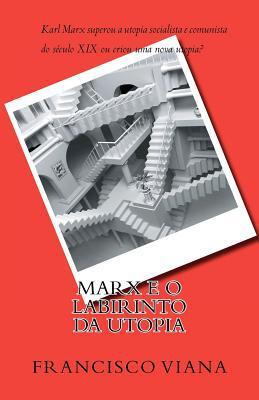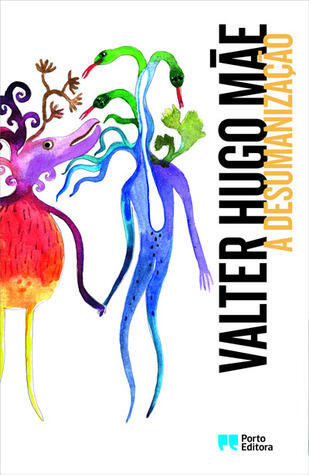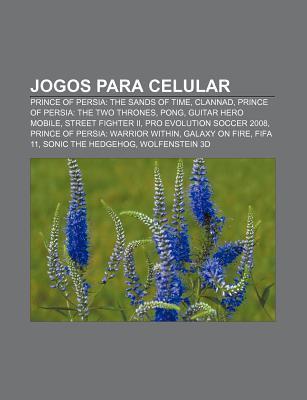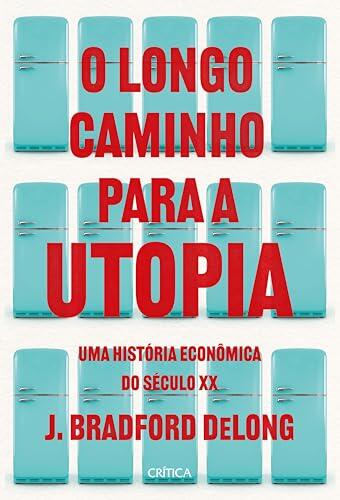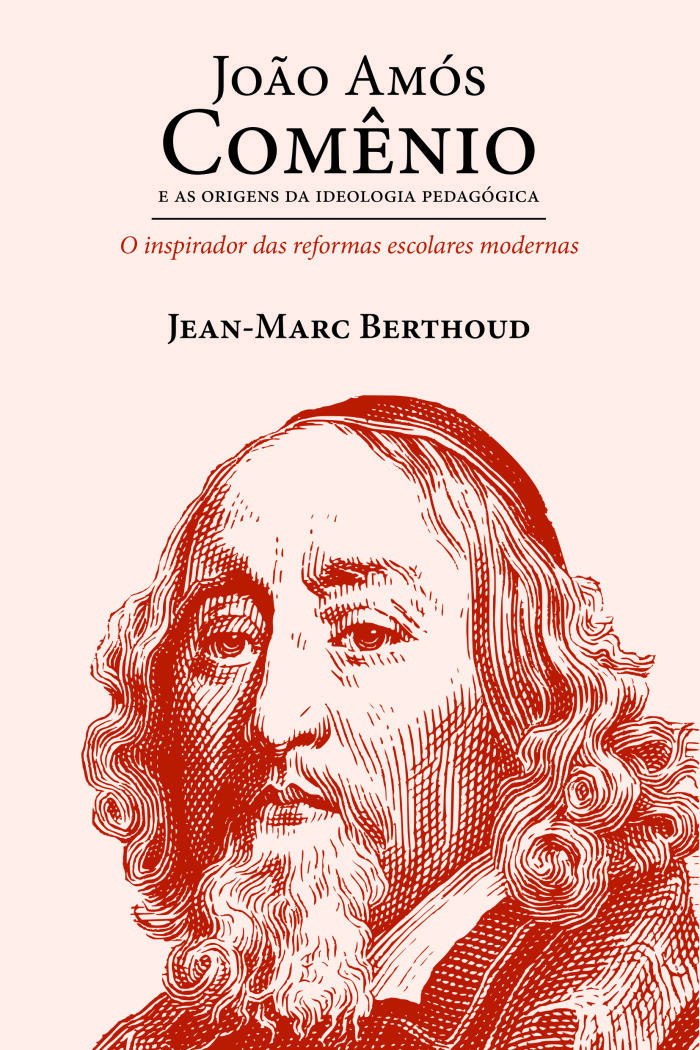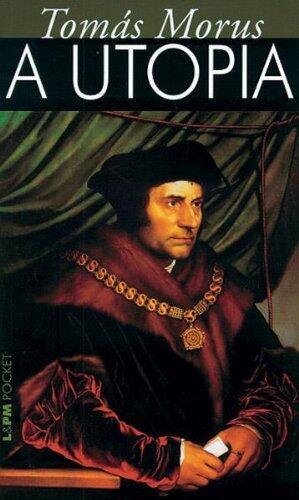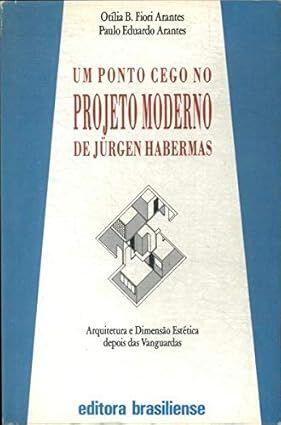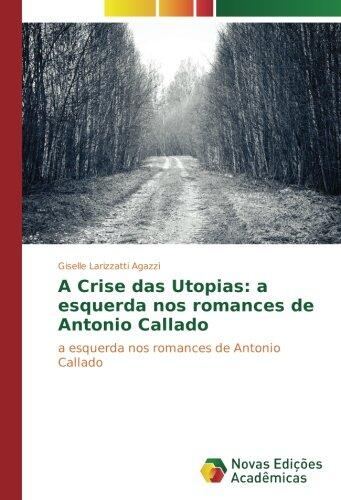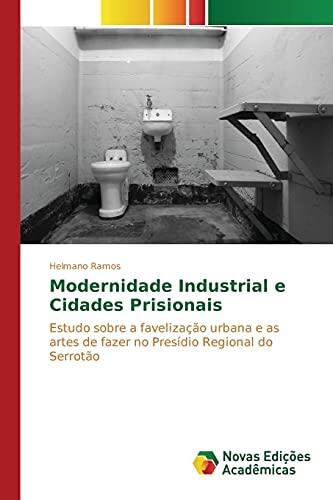
Modernidade Industrial e Cidades Prisionais
由
Ramos Helmano
还没有评分
Dystopian
格式
平装书
页数
156
语言
葡萄牙语
已发布
Apr 21, 2015
出版商
Novas Edições Acadêmicas
ISBN-10
3639831004
ISBN-13
9783639831009
描述
In a captivating exploration of the intersection between industrial modernity and urban life, Helmano Ramos delves into the complex dynamics of contemporary cities. He identifies the pervasive influence of industrialization on urban landscapes, revealing how modernity has transformed not only physical spaces but also the very nature of social interactions and community relationships. His insightful analysis captures the essence of life in modern urban environments, where the tension between progress and entrapment often defines the human experience.
Ramos invites readers to consider the concept of "prison cities," where societal structures and economic demands create environments that limit individual freedom. Through rich illustrations and thought-provoking arguments, he challenges conventional perceptions of urban development, suggesting that the very framework meant to foster growth may also serve to confine and control inhabitants. The narrative compels one to reflect on the implications of urban living in an age marked by relentless economic pressures and technological advancements.
Ultimately, this work is more than an academic study; it is a profound commentary on the nature of modern existence. It urges readers to confront the paradox of progress and captivity in their own lives and surroundings, fostering a deeper understanding of how cities shape the human experience amidst the relentless tide of industrialization.
Ramos invites readers to consider the concept of "prison cities," where societal structures and economic demands create environments that limit individual freedom. Through rich illustrations and thought-provoking arguments, he challenges conventional perceptions of urban development, suggesting that the very framework meant to foster growth may also serve to confine and control inhabitants. The narrative compels one to reflect on the implications of urban living in an age marked by relentless economic pressures and technological advancements.
Ultimately, this work is more than an academic study; it is a profound commentary on the nature of modern existence. It urges readers to confront the paradox of progress and captivity in their own lives and surroundings, fostering a deeper understanding of how cities shape the human experience amidst the relentless tide of industrialization.

